5 Steps to Designing Your Organisation’s Culture
Last weekend, I attended a friend’s BBQ where we discussed sports and the country’s economic state, when inevitably the conversation turned to work....
Engage
|
Hire
|
Develop
|
Assure
|
|
Deeply understand your organisation with science-backed analytics on your culture, team design, and engagement. |
Automatically match to candidates who are a great fit for your team culture and who are intrinsically motivated to succeed. |
Back your onboarding, compliance and skill development with industry-leading credentialling, competency and capability expertise.
|
Reimagine skills assessment and certification with dedicated tools designed to elevate your competency frameworks.
|
.png?width=383&height=200&name=team%20(1).png)
3 min read
 Rudy Crous
Oct 11, 2024 1:36:06 PM
Rudy Crous
Oct 11, 2024 1:36:06 PM
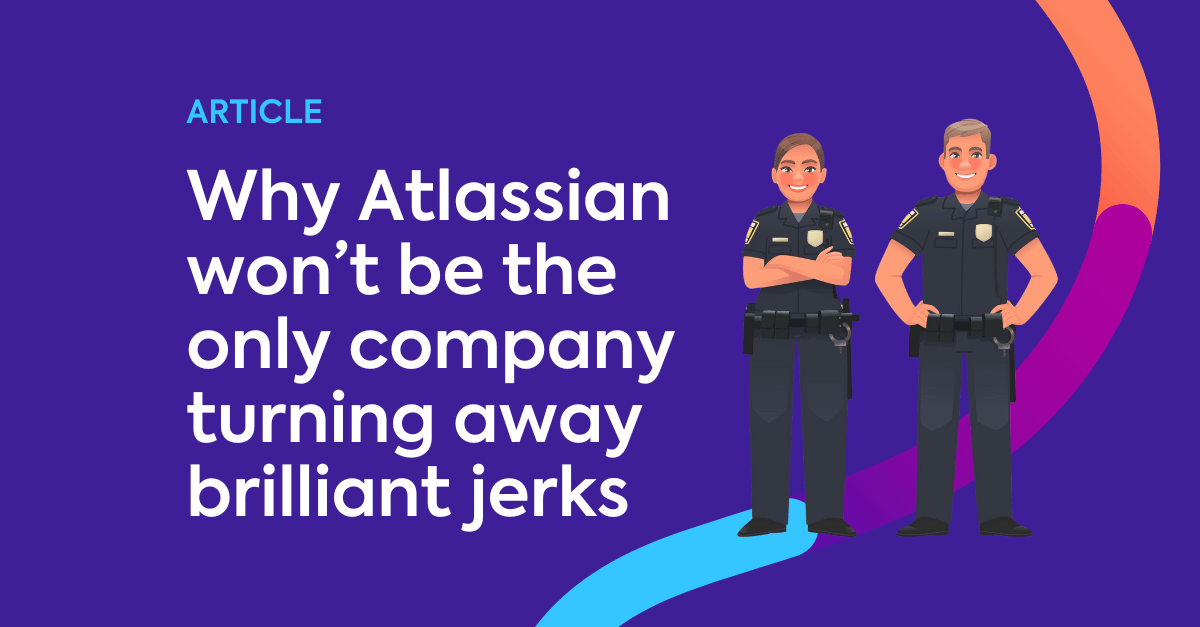
Over our working careers, many of us have come across the ‘brilliant jerks’ of the workplace. We all know these individuals – they are technically brilliant at their jobs, but often a liability to the company – negatively impacting teamwork, workplace morale, company culture, client acquisition and retention, and potentially even the long-term success of the business.
They are the employees who only think of themselves and get ahead at the expense of others. These people have long been tolerated in the workplace with many companies forgiving their downsides in the hopes these individuals would lead to the next innovative breakthrough, strategic advantage or business success, thanks to their technical expertise.
However, times are changing and companies are no longer celebrating these individuals, but instead, proactively working to remove them from the fabric of the workplace.
Most notably, Atlassian recently came out with news in 2019 of a new performance review system dedicated to weaving out the ‘brilliant jerks’ of the workplace in a bid to strengthen company culture and reinforce positive company values.
The revered tech company realised that they could no longer ignore the importance of the collective contribution of the workforce and the negative impact of ‘jerk’ employees on the overall company culture.
This news makes a clear statement about the workforce of today. We now live in an era where concepts such as emotional intelligence, leadership, high performing teams, and corporate culture are considered key drivers of business success.
Organisations, now more than ever, understand that competitive advantage stems from its human resources and the complex interrelationships between them and the organisation’s other resources.
Collectively, this is referred to as organisational culture – the one universally accepted feature of culture is that it influences all parts of an organisation.
Instead of looking toward a few brilliant individuals, organisations like Atlassian are now taking a Gestalt approach to business – a shift in practice where the sum of the individual parts is more valuable than the parts itself.
This is reflected in Atlassian’s new performance review system, which considers not just an employee’s hard results, but how they demonstrate the company values, how they complete their roles and how they contribute to their team.
The company does this through a series of questions, and employees are then graded on having an ‘off year’, ‘great year’ or an ‘exceptional year’.
In turn, Atlassian has reported a more accurate and less-biased review of each staff member. This system echoes the sentiment that the collective workforce is more important than any one individual in the organisation.
That is because culture and high performing teams are considered true mechanisms for business success and prosperity. For anyone who has played team sports, it echoes the T.E.A.M. acronym—Together, Everyone Achieves More.
Moreover, if we look at the skills that are increasingly in demand in the workplace they are soft skills. Companies are aware that technical skills and qualifications can be learned, while behaviour and personality traits cannot easily be changed.
The ideal employee is someone who is technically good, but also someone who Its the culture and can drive value in team dynamics. Building a cohesive culture has become the priority, and taking a holistic approach to employee performance is crucial to this.
With this in mind, a problem employee’s negative impact on company culture can no longer be ignored. In any work environment, there is no such thing as working in silos – no one operates in a vacuum.
The jerk’s behaviour impacts the entire workplace and erodes the integrity of the broader system. The thing organisations need to be acutely aware of is the behaviour they tolerate and the message it sends to the rest of the workforce.
If the ‘brilliant jerk’ is tolerated and rewarded, it sends a clear message that ‘we don’t care about culture or how people interact, all we care about is outcomes’.
This is a narrow sighted and flawed view and will ultimately lead to poor team dynamics, lower performance, turnover, a toxic culture and company failure.
The costs and long-term negative impact of these jerks completely outweigh their short-term contributions.
These types of people are more and more seen as corporate cancers that need to be removed, fast.
Research from the Society for Human Resource Management shows that turnover due to poor culture fit can cost an organisation 50-60% of the employee’s annual salary.
That’s why companies like Atlassian are moving the focus of performance reviews from technical skills and hard results to the entire contribution of an employee and their cultural fit within the organisation.
We can expect to see more companies follow this trend as it becomes clearer that true competitive advantage is gained from human potential and company culture.
Moving forward, companies have to consider a person’s holistic contribution to an organisation which includes skills, experience, culture fit, team fit, personal characteristics and motivators.
They will also be acutely aware of the tell-tale signs of the ‘brilliant jerk’ and move to shut down those behaviours early on. This will happen not just at the performance management and employee development phases, but become crucial considerations in the hiring phase as well.
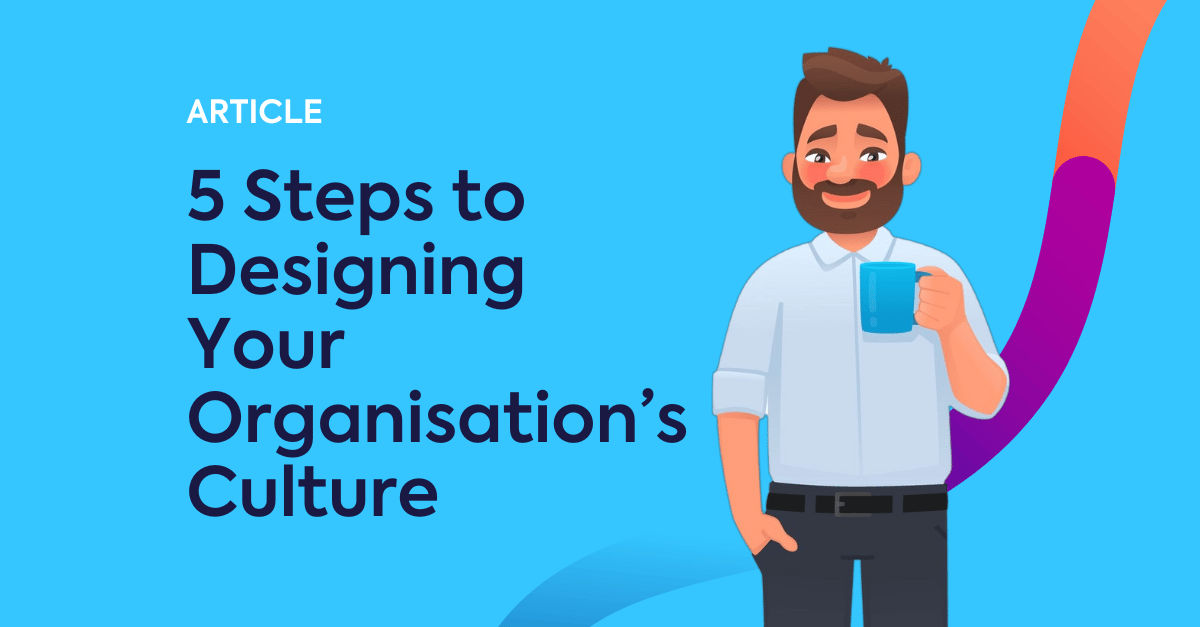
Last weekend, I attended a friend’s BBQ where we discussed sports and the country’s economic state, when inevitably the conversation turned to work....

The article discusses various employee engagement questionnaires designed to significantly enhance team morale by addressing employee satisfaction...
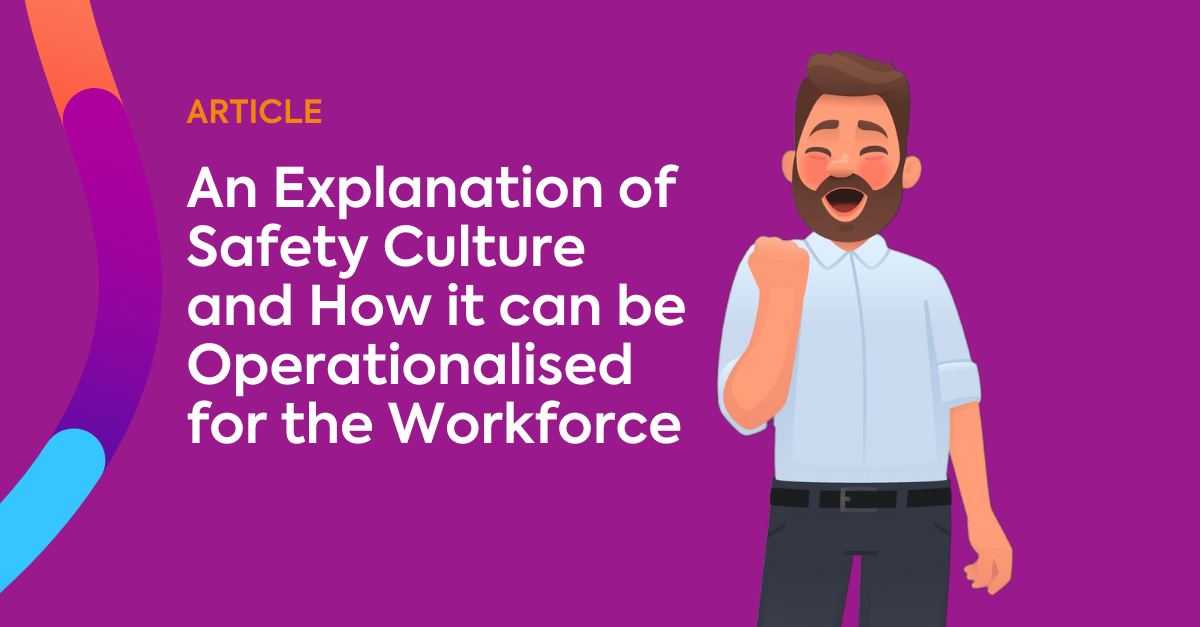
As CEO of Compono, I’m a firm believer that it’s simply not enough for me and my team to focus only on building intelligent software. It is also...
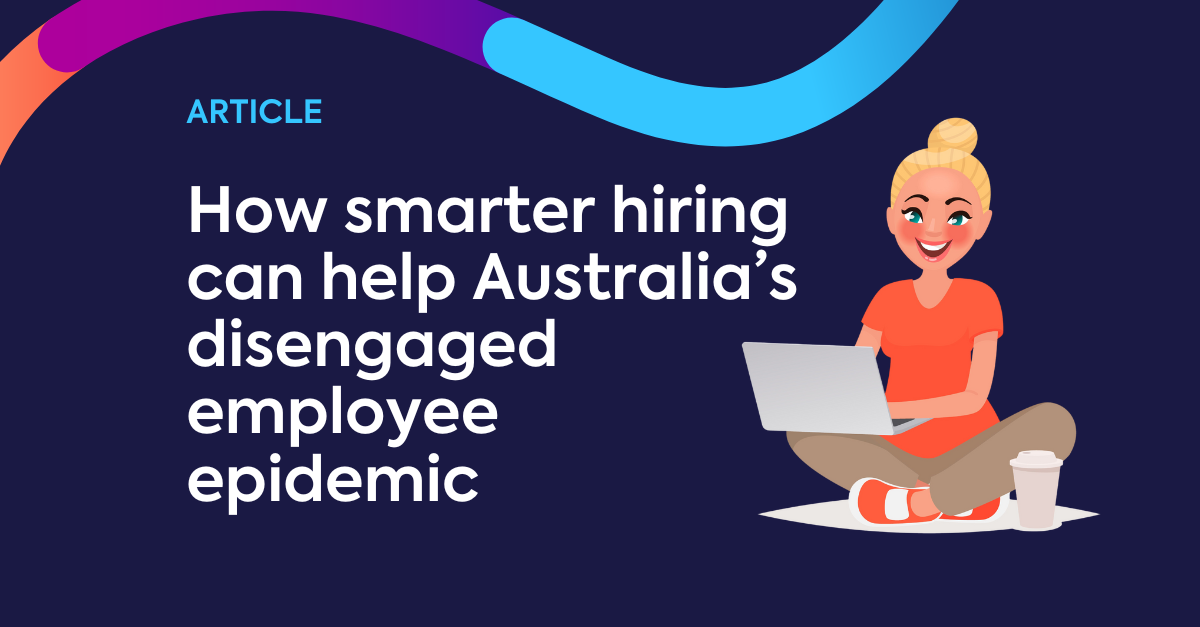
Globally, businesses are facing an epidemic of disengaged employees. A Gallup report revealed 71% of Australians are not engaged with their jobs and...
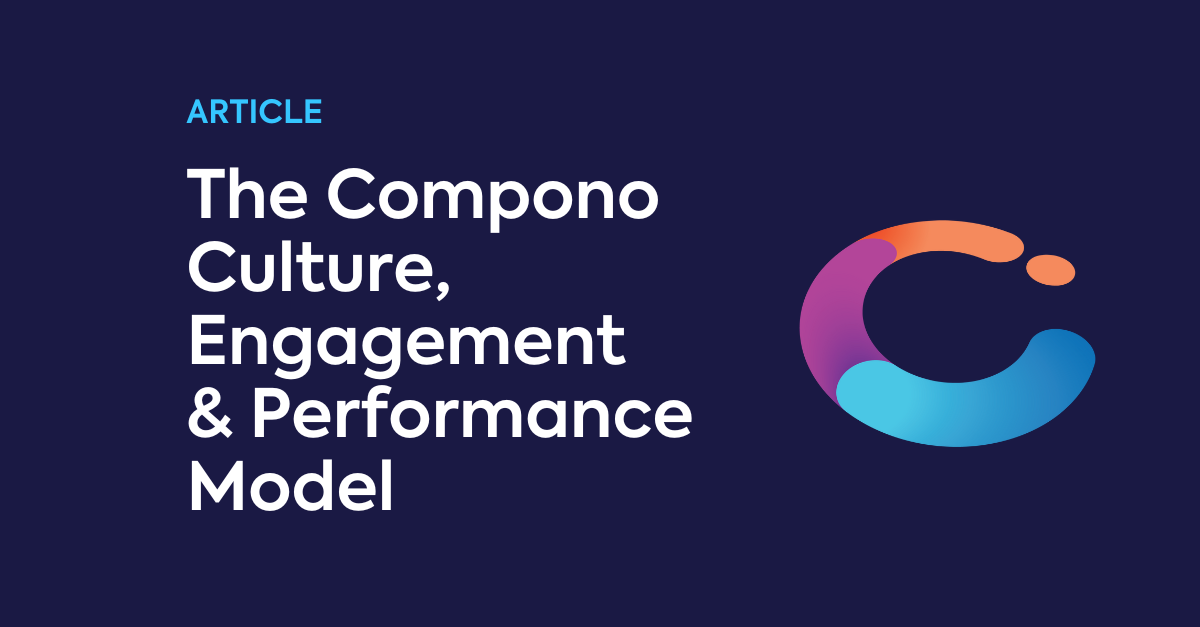
Organisational culture and employee engagement don’t just shape your business; they define its success. Imagine a workplace where employees feel...
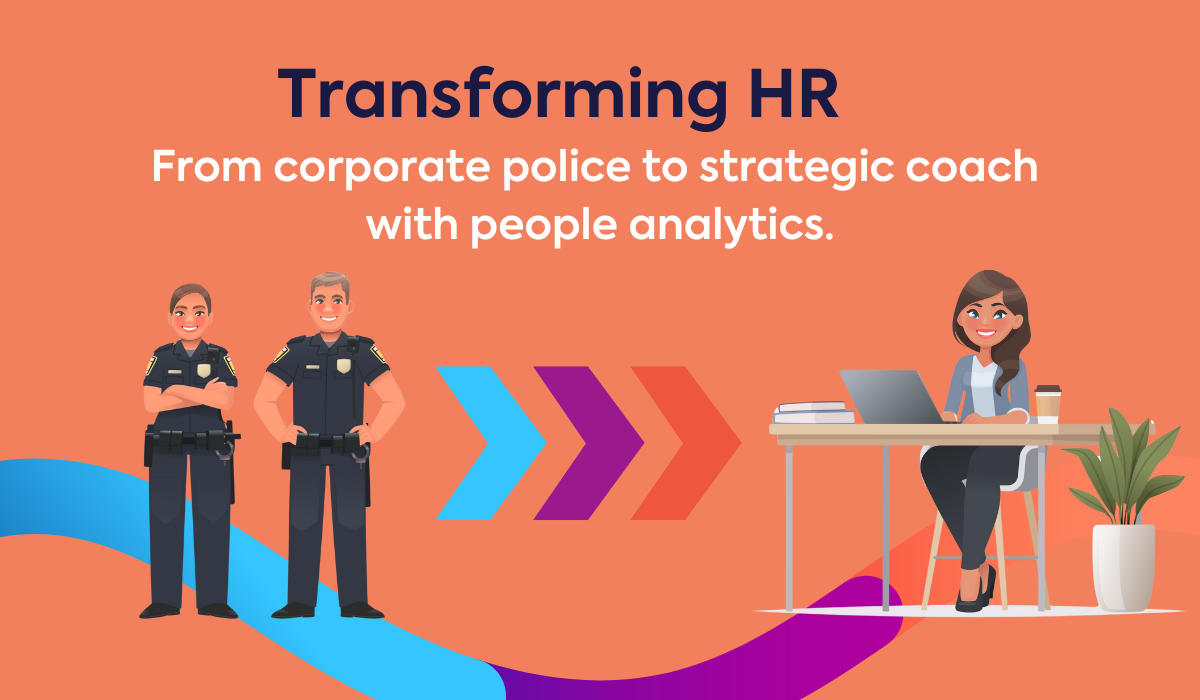
1 min read
“You don’t have people problems until you get HR”. Ouch! Can you believe that I've heard this from some business owners and execs? Let's shine a...